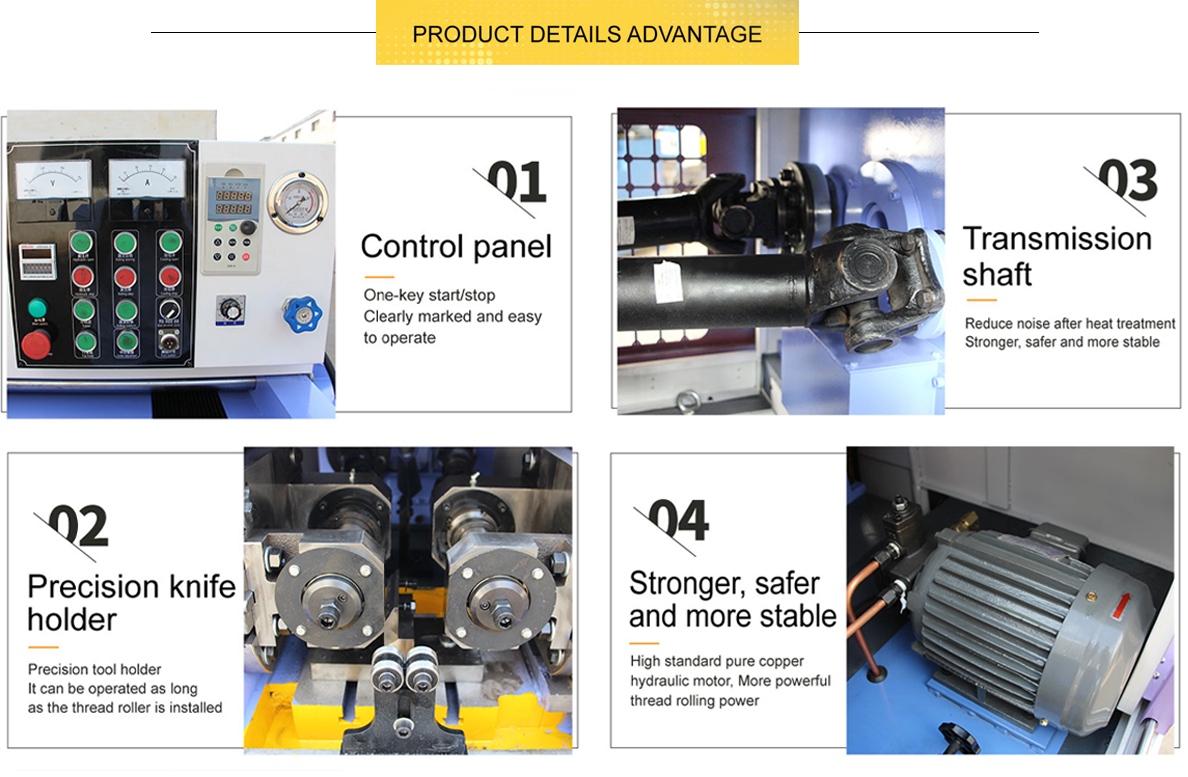
-
 Afrikaans
Afrikaans -
 Albanian
Albanian -
 Amharic
Amharic -
 Arabic
Arabic -
 Armenian
Armenian -
 Azerbaijani
Azerbaijani -
 Basque
Basque -
 Belarusian
Belarusian -
 Bengali
Bengali -
 Bosnian
Bosnian -
 Bulgarian
Bulgarian -
 Catalan
Catalan -
 Cebuano
Cebuano -
 Corsican
Corsican -
 Croatian
Croatian -
 Czech
Czech -
 Danish
Danish -
 Dutch
Dutch -
 English
English -
 Esperanto
Esperanto -
 Estonian
Estonian -
 Finnish
Finnish -
 French
French -
 Frisian
Frisian -
 Galician
Galician -
 Georgian
Georgian -
 German
German -
 Greek
Greek -
 Gujarati
Gujarati -
 Haitian Creole
Haitian Creole -
 hausa
hausa -
 hawaiian
hawaiian -
 Hebrew
Hebrew -
 Hindi
Hindi -
 Miao
Miao -
 Hungarian
Hungarian -
 Icelandic
Icelandic -
 igbo
igbo -
 Indonesian
Indonesian -
 irish
irish -
 Italian
Italian -
 Japanese
Japanese -
 Javanese
Javanese -
 Kannada
Kannada -
 kazakh
kazakh -
 Khmer
Khmer -
 Rwandese
Rwandese -
 Korean
Korean -
 Kurdish
Kurdish -
 Kyrgyz
Kyrgyz -
 Lao
Lao -
 Latin
Latin -
 Latvian
Latvian -
 Lithuanian
Lithuanian -
 Luxembourgish
Luxembourgish -
 Macedonian
Macedonian -
 Malgashi
Malgashi -
 Malay
Malay -
 Malayalam
Malayalam -
 Maltese
Maltese -
 Maori
Maori -
 Marathi
Marathi -
 Mongolian
Mongolian -
 Myanmar
Myanmar -
 Nepali
Nepali -
 Norwegian
Norwegian -
 Norwegian
Norwegian -
 Occitan
Occitan -
 Pashto
Pashto -
 Persian
Persian -
 Polish
Polish -
 Portuguese
Portuguese -
 Punjabi
Punjabi -
 Romanian
Romanian -
 Russian
Russian -
 Samoan
Samoan -
 Scottish Gaelic
Scottish Gaelic -
 Serbian
Serbian -
 Sesotho
Sesotho -
 Shona
Shona -
 Sindhi
Sindhi -
 Sinhala
Sinhala -
 Slovak
Slovak -
 Slovenian
Slovenian -
 Somali
Somali -
 Spanish
Spanish -
 Sundanese
Sundanese -
 Swahili
Swahili -
 Swedish
Swedish -
 Tagalog
Tagalog -
 Tajik
Tajik -
 Tamil
Tamil -
 Tatar
Tatar -
 Telugu
Telugu -
 Thai
Thai -
 Turkish
Turkish -
 Turkmen
Turkmen -
 Ukrainian
Ukrainian -
 Urdu
Urdu -
 Uighur
Uighur -
 Uzbek
Uzbek -
 Vietnamese
Vietnamese -
 Welsh
Welsh -
 Bantu
Bantu -
 Yiddish
Yiddish -
 Yoruba
Yoruba -
 Zulu
Zulu
CE Certified Pipe Thread Rolling Machinery for Precision Threading Solutions
Understanding CE Certification for Pipe Thread Rolling Machines
In today’s global manufacturing environment, ensuring equipment safety and quality is paramount, especially for industrial machines such as pipe thread rolling machines. One essential aspect of this assurance process is CE certification, a mark that signifies compliance with the European Union’s (EU) safety, health, and environmental protection standards. This article delves into the significance of CE certification, particularly concerning pipe thread rolling machines, and explores the benefits and requirements associated with achieving this certification.
What is CE Certification?
CE certification is a mandatory conformity marking for products sold within the European Economic Area (EEA). It indicates that the product meets the EU’s safety, health, and environmental protection requirements. The CE stands for Conformité Européenne, which translates to European Conformity. For manufacturers, obtaining CE certification means that their products have undergone rigorous testing and comply with EU regulations, allowing them to market their devices throughout Europe without facing additional barriers.
Importance of CE Certification for Pipe Thread Rolling Machines
Pipe thread rolling machines are pivotal in various industries, including construction, plumbing, and manufacturing. These machines are utilized to create threaded pipes, ensuring they can be seamlessly connected and secured. Given the high-stress applications these machines may encounter, ensuring their safety and reliability is critical.
1. Safety Assurance CE certification helps guarantee that the machinery has been tested for potential hazards, providing assurance to operators and companies regarding the machine's safety under normal operating conditions.
2. Market Access Manufacturers looking to sell their pipe thread rolling machines in Europe must obtain CE certification. It serves as a gateway, making it easier for manufacturers to access EU markets without facing hurdles related to non-compliance.
3. Quality Standardization CE certification requires adherence to specific performance and safety standards. This not only enhances the quality of the machinery but also fosters consumer trust in the product.
4. Liability and Risk Management For manufacturers, CE certification diminishes the risk of liability issues arising from accidents or malfunctions. Being compliant can be invaluable in legal scenarios where safety is questioned.
ce certification pipe thread rolling machine

Steps to Achieve CE Certification
Achieving CE certification involves a comprehensive process, typically following these steps
1. Determine Applicable Directives Manufacturers must identify which EU directives apply to their pipe thread rolling machines, such as the Machinery Directive and the Low Voltage Directive.
2. Conduct Risk Assessment A thorough risk assessment must be conducted to identify potential hazards associated with the machinery and to implement necessary mitigating measures.
3. Test and Evaluate The machine must undergo testing to validate compliance with the standards set forth in the applicable directives. This may involve both internal testing and third-party assessments.
4. Documentation Manufacturers must compile technical documentation demonstrating compliance, including design and manufacturing processes, test results, and risk assessments.
5. Declaration of Conformity Once compliance is established, manufacturers must prepare a Declaration of Conformity, stating that the product meets all relevant EU requirements.
6. Affix CE Mark Finally, the CE mark is affixed to the machine, signifying its compliance and readiness for the European market.
Conclusion
In summary, CE certification is crucial for pipe thread rolling machines, ensuring safety, regulatory compliance, and market access within the European Economic Area. Manufacturers benefit not only from improved product safety and marketability but also from enhanced credibility and consumer trust. By understanding and adhering to the CE certification process, manufacturers can position their products for success in an increasingly competitive global marketplace. Achieving CE certification represents more than just compliance; it reflects a commitment to quality and safety, fostering a culture of responsible manufacturing.
